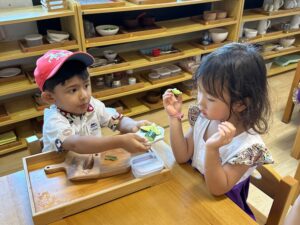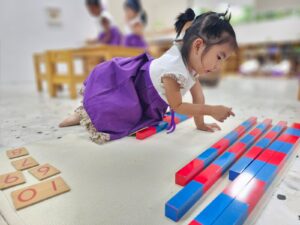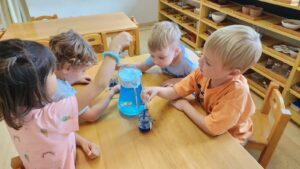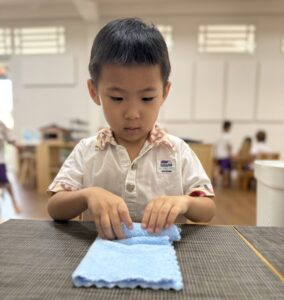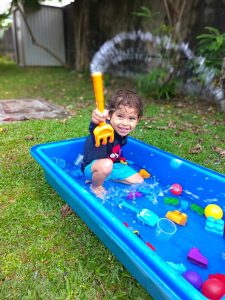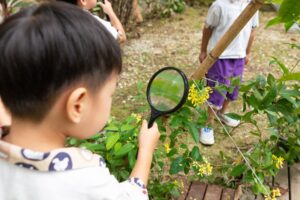When your preschooler faces a challenge—whether it’s fitting a puzzle piece, pouring water without spilling, or learning to share toys with a friend—what you’re really witnessing is problem-solving in action. In Montessori education, these everyday moments are treasured as opportunities to grow independence, resilience, and confidence.
Why Problem-Solving Matters for Preschoolers
The preschool years are the perfect time to begin developing problem-solving skills in early childhood. At this stage, children are naturally curious and eager to explore. By learning how to work through challenges, they gain confidence—not just academically, but socially and emotionally as well.
In Montessori, these skills are seen as the foundation for lifelong learning—skills that go beyond worksheets and tests. Instead, problem-solving skills for preschoolers are about persistence, creativity, and learning how to try again after setbacks.
How Montessori Encourages Problem-Solving
Montessori classrooms are thoughtfully designed to support children’s growth at every level. Here’s how the environment fosters natural problem solving:
Materials with built-in feedback:
Montessori materials are designed with a “control of error,” so children can recognise when something doesn’t fit and naturally self-correct. For example, if a knobbed cylinder doesn’t fit, the child instinctively knows to try a different angle until it does, encouraging perseverance.
Hands-on experiences:
Instead of memorising concepts, children use concrete tools such as pouring jugs, bead chains, and puzzle maps. These activities promote active learning through real-world problem solving.
Prepared environment:
Everything is designed for independence. From low shelves to child-sized tools, the classroom setup gives preschoolers daily opportunities to explore, experiment, and resolve challenges on their own.
Guidance, not answers:
Montessori teachers observe quietly and offer gentle prompts such as “What else could you try?”—encouraging the child to think critically rather than providing immediate solutions.
Intrinsic motivation:
Children are guided by their own inner drive to solve problems because the process is satisfying, and not because of external rewards. This fuels persistence and joy in learning.
Simple Ways Parents Can Help at Home
You don’t need a Montessori classroom to nurture problem solving at home. Here are some gentle, supportive strategies you can try:
- Encourage exploration with open-ended materials like blocks, boxes, or art supplies.
- Ask reflective questions such as, “What do you think will happen if we try it another way?”
- Model your own thinking process by talking through the challenges you face.
- Allow space for mistakes and avoid rushing to solve problems for your child.
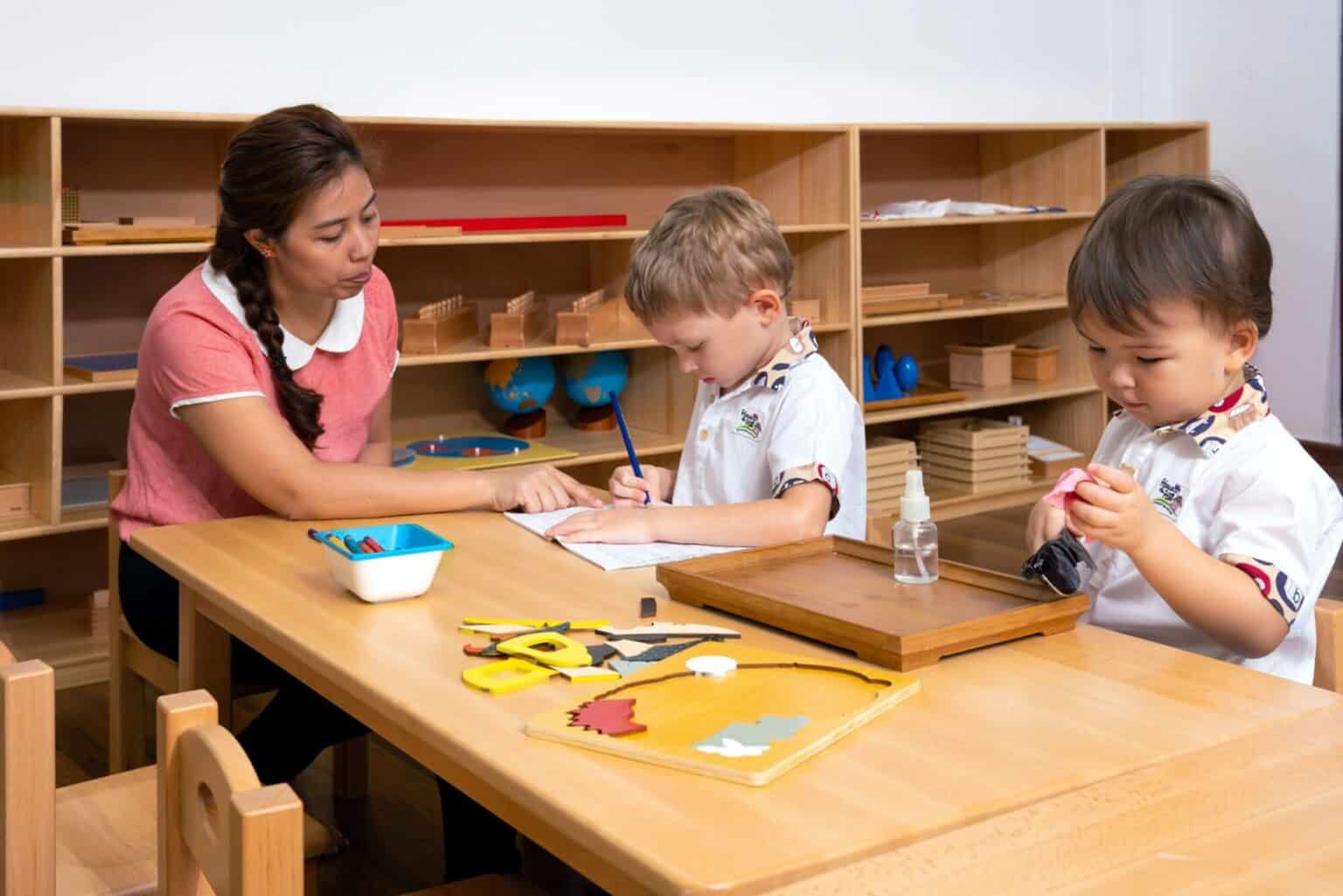
Montessori-Inspired Problem-Solving Activities for Preschoolers
Here are some ways to practice problem solving skills for preschoolers at home or in school:
Practical Life Activities
- Pouring water from one jug to another
- Buttoning, zipping, or tying shoelaces
- Helping prepare snacks or set the table
Sensorial Challenges
- Building the Pink Tower or Brown Stair
- Matching and grading colour tablets
- Exploring sound cylinders or texture boards
Nature and Outdoor Play
- Scavenger hunts with leaves or rocks
- Building simple structures with sticks and stones
- Sorting and classifying natural materials
Grace and Courtesy Games
- Role-playing how to share toys
- Practicing taking turns or solving small conflicts
At House On the Hill, we provide Montessori at Home booklets to help parents continue the learning journey with simple, effective activities at home.
At House on the Hill, problem-solving is woven into every aspect of the day—from puzzles and practical life tasks to role-play and outdoor exploration. Children are encouraged to think for themselves, follow their curiosity, and try again when things don’t go as planned. Each small challenge becomes an opportunity to build confidence, resilience, and independence—skills that will support them not only in preschool, but throughout life.
Curious to learn more? Explore our Montessori programmes, or book a tour to see how we help children grow into thoughtful, capable individuals—one challenge at a time.

